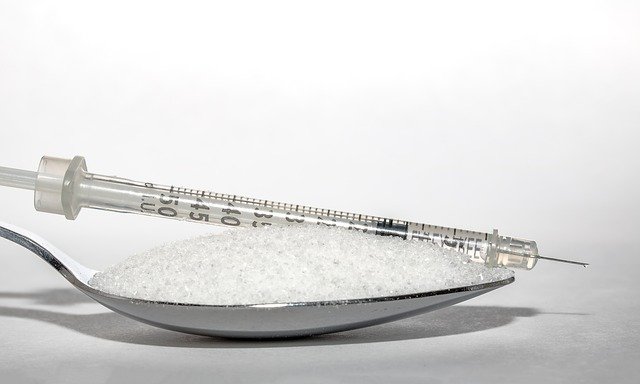
In a recent Harvard study, researchers have developed an oral delivery method that could change the way how people with diabetes keep their blood sugar levels in check.
The new oral delivery of insulin can improve the quality of life for up to 40 million people with type 1 diabetes worldwide.
It could also reduce many of the disease’s life-threatening side effects that result from patients failing to give themselves required injections.
For people living with type 1 diabetes, a painful needle prick once or twice daily is the only option for delivering the insulin that their bodies.
Insulin therapy, by injection just under the skin or delivered by an insulin pump, generally keeps the glucose levels of most diabetics in check.
But many patients fail to adhere to that regimen due to pain, phobia of needles, and the interference with normal activities.
This could lead to poor glycemic control and serious health complications.
Previous research has shown that finding a way to deliver insulin orally is hard.
The protein does not fare well when it encounters the stomach’s acidic environment and it is poorly absorbed out of the intestine.
The key to the new approach is to carry insulin in an ionic liquid comprised of choline and geranic acid that is then put inside a capsule with an acid-resistant enteric coating.
The formulation is biocompatible, easy to manufacture, and can be stored for up to two months at room temperature without degrading, which is longer than some injectable insulin products currently on the market.
The new approach from the study is like a Swiss Army knife, where one pill has tools for addressing each of the obstacles that are encountered.
Orally ingested insulin would more closely mimic the way in which a healthy individual’s pancreas makes and delivers insulin to the liver, where up to 80% is extracted and the rest is circulated through the bloodstream.
It could also mitigate the adverse effects of taking injections over long period of time.
In addition, ionic liquid-borne insulin can be prepared in a one-step process that could be readily scaled up for inexpensive industrial production.
This makes the cost of manufacturing the oral formulation easily manageable.
Harvard’s Office of Technology Development is actively pursuing commercialization opportunities for this technology, and is advancing its development through the Blavatnik Biomedical Accelerator.
The study was done by the Harvard John A. Paulson School of Engineering and Applied Sciences (SEAS).
The senior author is Samir Mitragotri, Hiller Professor of Bioengineering and Hansjorg Wyss Professor of Biologically Inspired Engineering at SEAS.
The first author is Amrita Banerjee, who conducted the research while working as a postdoctoral fellow in Mitragotri’s lab, and is now an assistant professor at North Dakota State University.
The research is published in the Proceedings of the National Academy of Sciences.
Copyright © 2018 Knowridge Science Report. All rights reserved.



